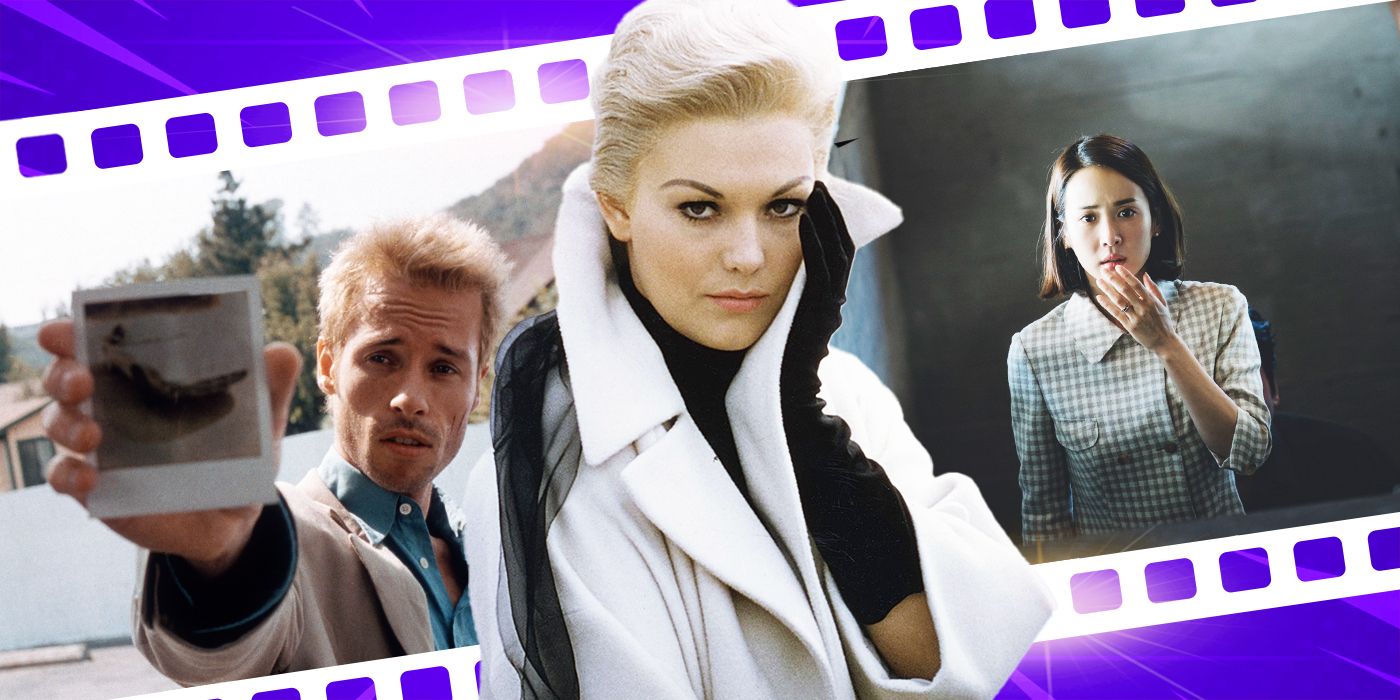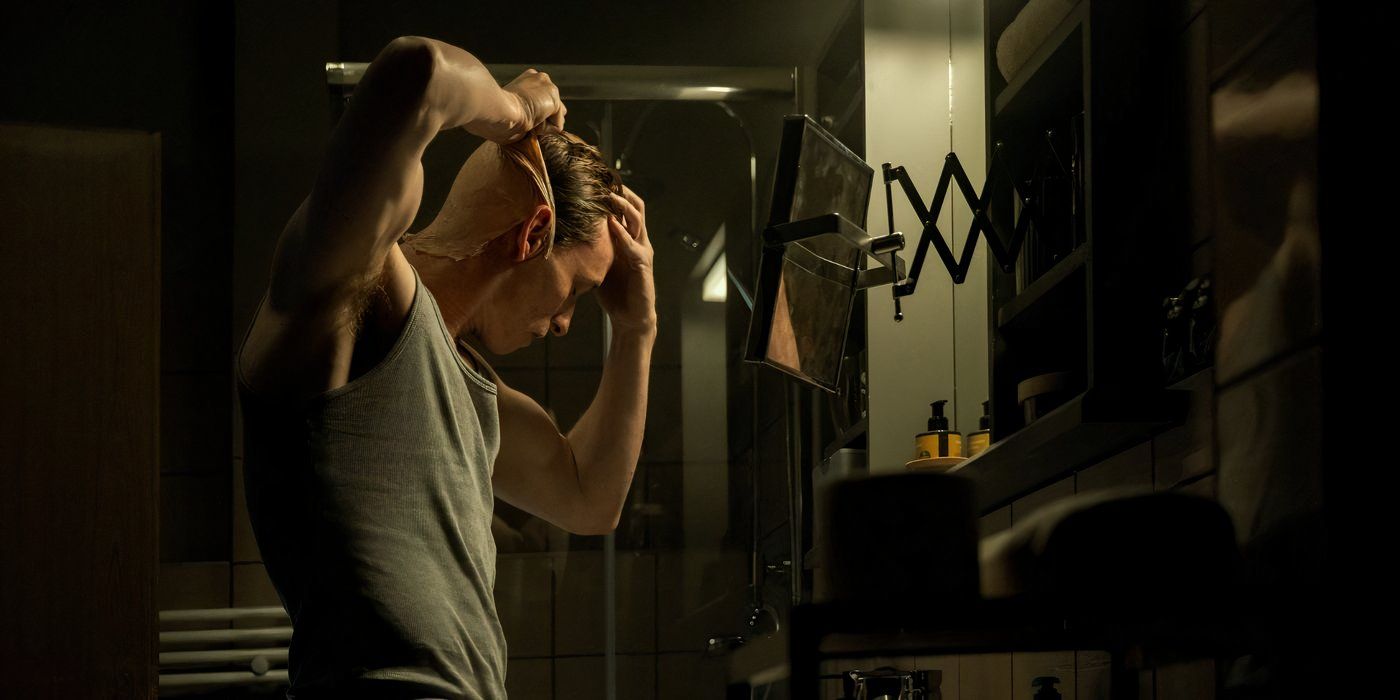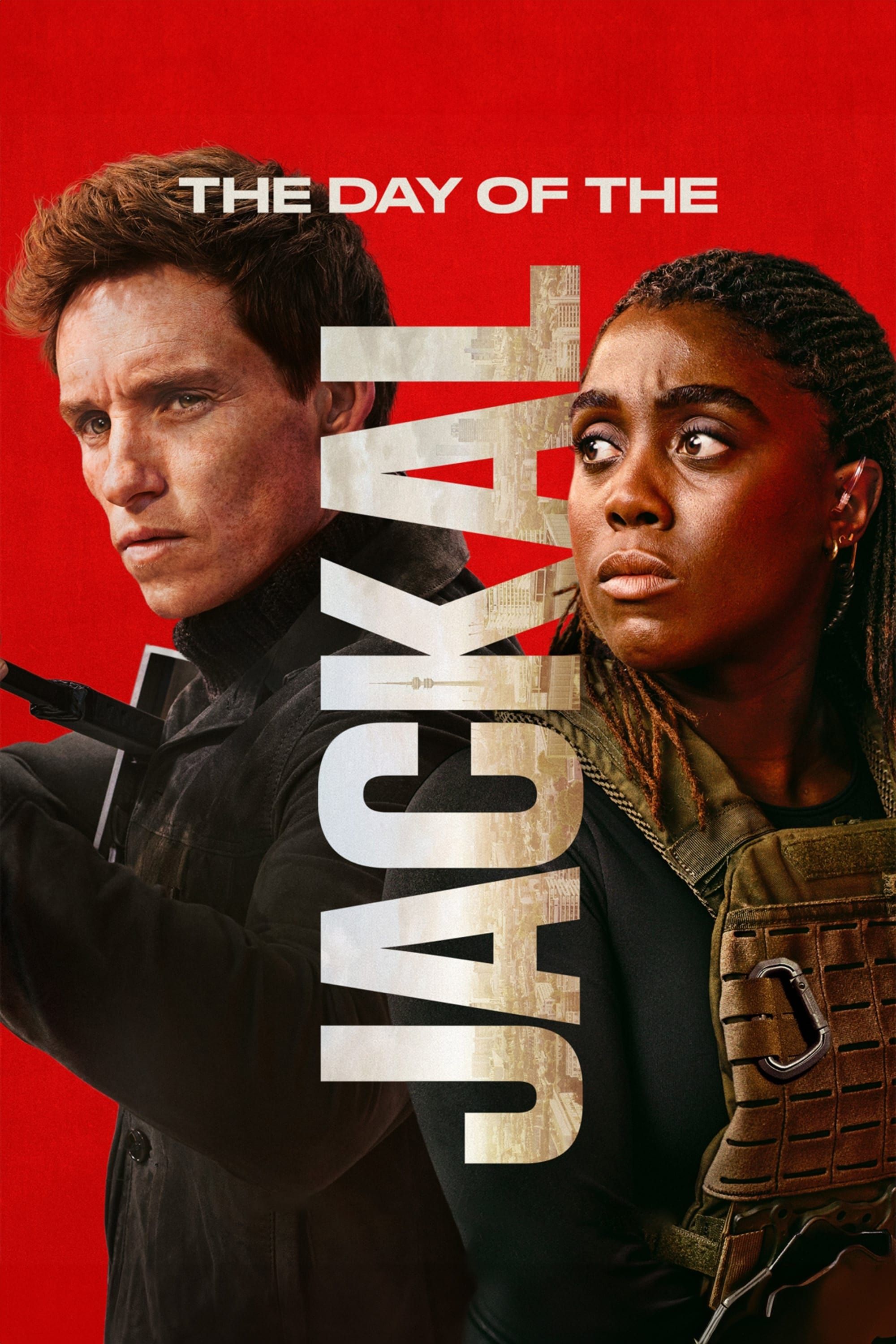
Editor’s Note: The following contains minor spoilers for Peacock’s ‘The Day of the Jackal’.Peacock’s The Day of the Jackal TV show is the third adaptation of the original novel by Frederick Forsyth, after the 1973 and 1979 film adaptations. Certainly, the 1973 film was the more successful of the two, with an impressive 91% score on Rotten Tomatoes, and that is what most people will compare this latest Eddie Redmayne-led series to. When we do hold the two up side by side, we can see numerous differences. The modern-day series flips the politics of the Jackal’s target, making him more sympathetic to the audience, and the women of the series are given far more agency in keeping with the updated societal norms. Not only do the characters differ, but the distinct time periods depicted in the show and the 1973 film — which is set in 1962/63 — highlight broader contrasts. The film reflects an era that was far less interconnected than the modern world portrayed in Redmayne’s series.
Eddie Redmayne’s Jackal Is Far More Sympathetic in Peacock’s ‘The Day of the Jackal’
The immediate difference between Eddie Redmayne and Edward Fox‘s Jackal is the way they are introduced to the audience through their targets. In 1973’s The Day of the Jackal, the Jackal’s target is real-life former President de Gaulle (Adrien Cayla-Legrand) of France, who is targeted for giving Algeria independence, whereas the 2024 series first shows the Jackal taking out a fictional far-right German politician. By making the Jackal’s final target an elite tech billionaire (Khalid Abdalla) known as UDC (Ulle Dag Charles), the unfeeling assassin becomes far more sympathetic to the audience, even if he himself is apathetic to the overall politics.
Furthermore, our modern-day Jackal is shown to spare the life of the politician’s bodyguard when he could have easily taken him out. In theory, this would have made it harder for the police to know where the bullet came from as it was the bodyguard who spotted it. Compare this to the 1973 adaptation, and Edward Fox’s Jackal never spares anyone. In fact, his murder of Collette (Deyfrine Seyrig), who he seduces and then kills, negates the last string of sympathy we have for this character. Protagonists as completely irredeemable figures that we aren’t supposed to sympathize with feels like something far more common in the 1970s, whereas there is a greater focus now on showing multiple sides to characters.
Women Are Given Far More Agency in Peacock’s ‘The Day of the Jackal’
Almost every single female character, bar the old landlady who the Jackal kills, is merely a sex object who is viewed as a means to an end for the Jackal rather than characters with their own agency in the original The Day of the Jackal. Compare this to the 2024 version, where Lashana Lynch‘s Bianca is really the co-lead of the series hunting down the Jackal and is framed through her strength, not sexuality. Perhaps this should be expected due to the different societal norms back then compared to now. However, this, I believe, excuses some terrible writing on a narrative level, and just look to 1974’s The Godfather Part II with Kay (Diane Keaton) to understand that it was a decision, not a societal norm, to treat any character this way. That isn’t to say that there aren’t some great actresses in the original The Day of the Jackal, as Seyfrig gives a fantastic performance as Collette before she is fridged.

Related
The 30 Best Thrillers of All Time, Ranked
From Hitchcock’s Vertigo and Psycho to more modern classics like Parasite and Se7en, this is Collider’s ranking of the best thriller movies ever made.
Different Time Periods Create Different Issues
Obviously, we live in a far more globalized world than that of the 1960s, and you truly feel the obstacles this places on the police and how it serves the Jackal as he moves silently across Europe. For one, the O.A.S., the paramilitary group hellbent on assassinating de Gaulle, is appalled at the suggestion they should employ “a foreigner,” and nearly every single actor in the film is British. This provides greater strength to the 2024 series in that we can truly tell what country we are in and gives Redmayne more range to work with when it pertains to accents and languages, whereas Fox’s Jackal never changes from his Received Pronunciation accent, which was the style of the times.
Additionally, as just mentioned, the 1973 Jackal’s hiring party is not a group of shady billionaires with financial interests in the assassination of UDC; instead, it is a paramilitary group called the O.A.S. and it could be argued this group has more obviously darker intentions than what we have seen so far of the Charles Dance-led employers in the 2024 series. The O.A.S. is seeking to keep Algeria under French imperial control, whereas audiences can still understand the invasion of privacy that UDC’s financial transparency plan, River, would be in people’s lives. It’s even suggested that UDC could have nefarious intentions with the system.
Overall, there are many differences between the 1973 and 2024 adaptations of The Day of the Jackal that stem from the different time periods in which they are set. Not only does it add to the less international police communication that allows the Jackal a head start against Commissioner Lebel (Michael Lonsdale) and Scotland Yard, but there are some sad choices made by the writing that expose some of the troubling treatment that women suffered during this time, both in terms of real life and within the narrative. In the end, the biggest difference is our relationship with the Jackal. Eddie Redmayne’s portrayal of the Jackal elicits more sympathy compared to Edward Fox’s version, largely because of the context of his affiliations. While Fox’s Jackal is aligned with imperial interests, Redmayne’s Jackal operates within a framework that can be interpreted as supporting broader societal ideals, even if unintentionally.
The Day of the Jackal is currently streaming on Peacock in the U.S.
Watch on Peacock








